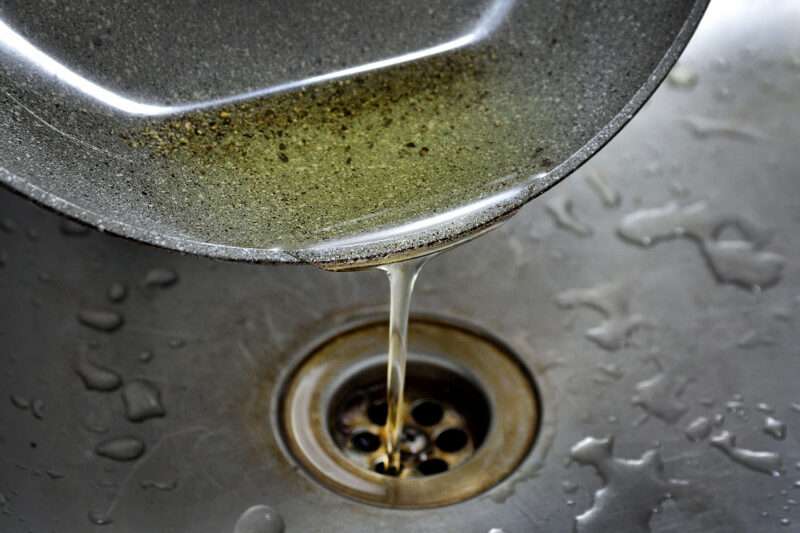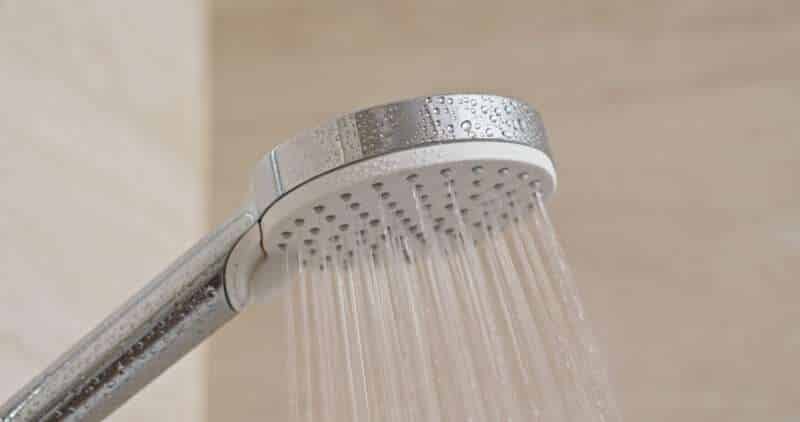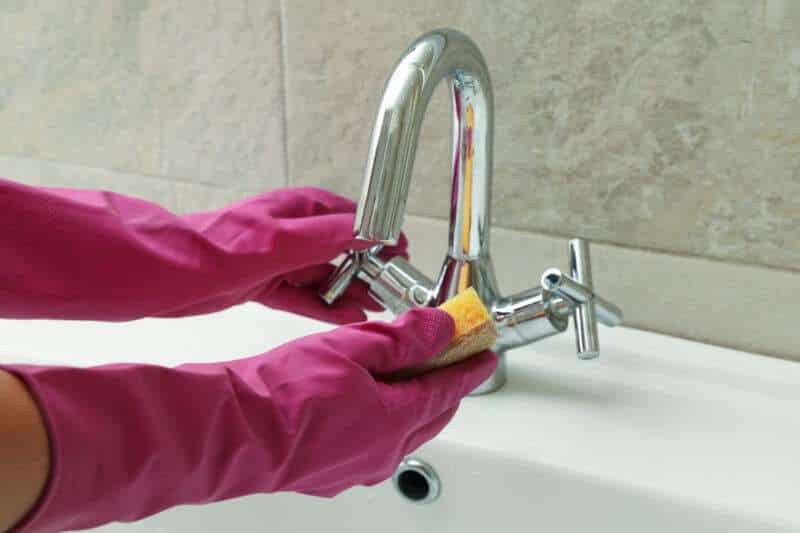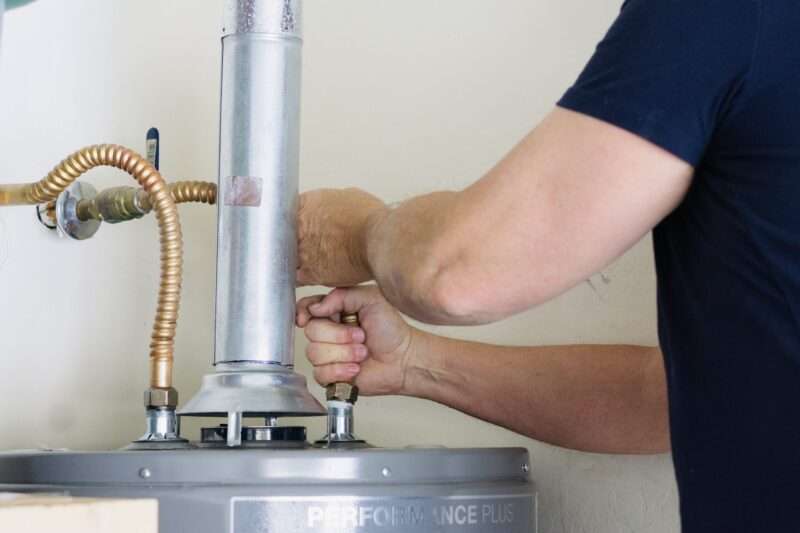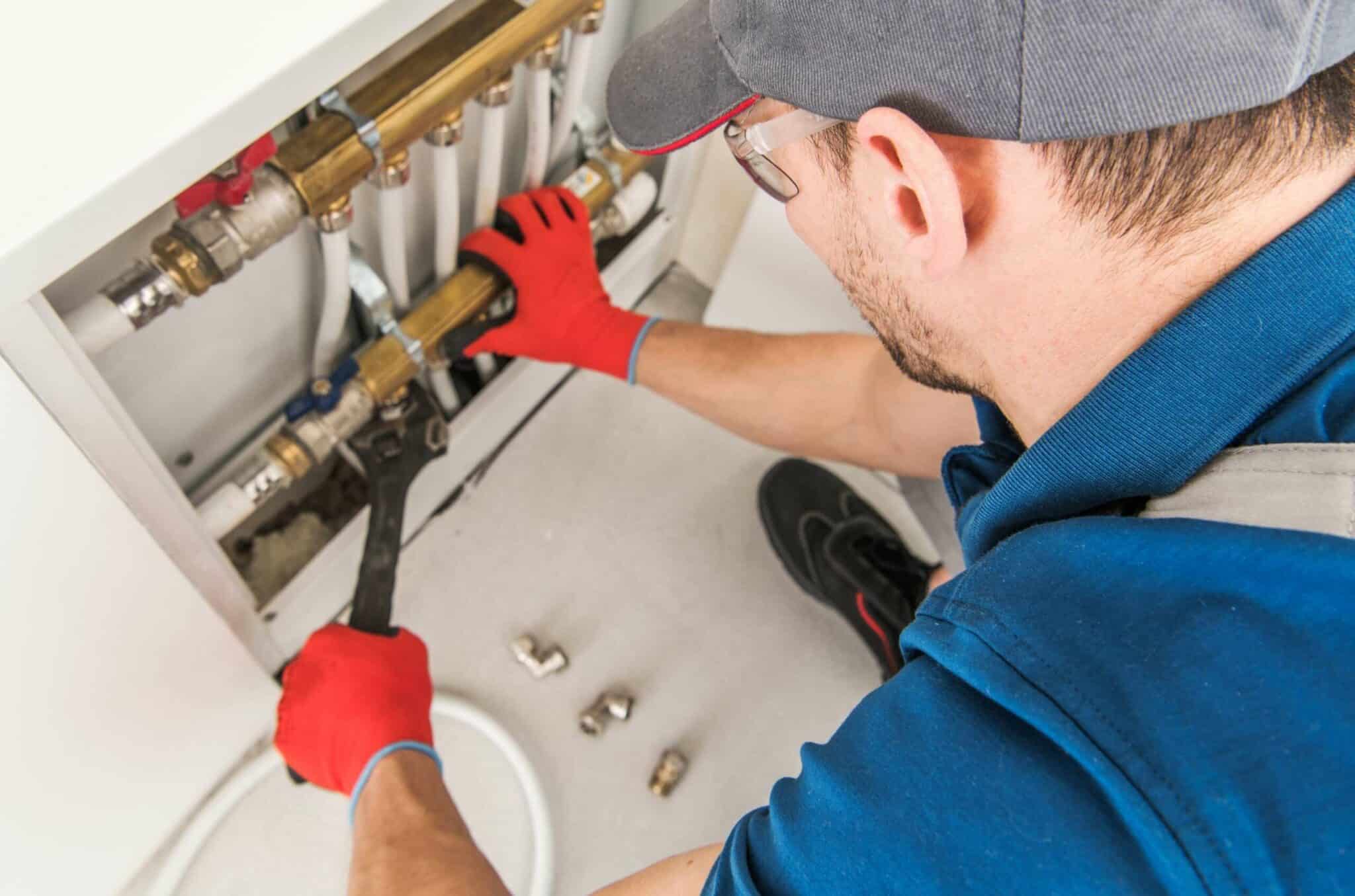How to Clean Leftover Grease and Oil on Your Pipes
While you can’t stop all the cooking grease from entering your plumbing, you can take steps to clean up leftovers that may clog the pipes. Pouring oil and grease down the drain can clog the main sewer line and lead to expensive repairs. The best way to deal with a small amount of leftover grease is to pour boiling water down the sink drain. This will soften the grease and move it further down the pipe system. You can also add baking soda, vinegar, or even ammonia to the water to help dissolve the fats.
Before you begin your cleaning, remember that grease is different from water. Dumping grease down the sink drain is a great way to prevent major clogs and other plumbing problems. However, grease solidifies, which means that it can clog your pipes and cause additional issues. As a result, you should dispose of the grease and oil properly. You can use a strainer in your sink to catch the grease and oil that has been discarded.
When cooking greasy foods, remember to dispose of the leftovers properly. While they may taste great, they should never be flushed down the drain. The solidified grease will cause your pipes to clog and further plumbing issues. So, make sure to dispose of them properly. You can also try using baking soda or white vinegar to dissolve the grease. If you have PVC pipes, you can use an enzyme-based drain cleaner.
You can prevent the buildup of grease and oil by avoiding pouring grease down the drain. While it’s tempting to pour your frying oil down the drain, you should remember that the same greasy substance can clog your pipes. As a result, you will have a slow-draining kitchen sink and a clogged plumbing system. The solution is to keep your pipes clean and grease-free.
Grease and oil are common culprits in the home. While cooking greasy foods is a great way to get your kitchen smelling fresh and smelling delicious, it is best to not put the grease and oil down the drain. The grease will clog your pipes and cause further plumbing problems. By following these tips, you will be able to keep leftover oil and grease off of your pipes. You can also prevent clogged pipes and greasy water by ensuring that you have the proper disposal method for the grease and oils.
It’s important to understand how to manage this kind of waste. The first step is to remember that grease is different from water. When it’s hot, it is liquid. The coolest part is that it will solidify and cause blockages in your pipes. Eventually, this can lead to a clogged pipe. Moreover, it can clog the pipe, causing your sink to sluggishly drain.
Although it is tempting to pour the grease and oil into the sink, it isn’t a good idea to dump the grease directly into the drain. Instead, you should clean it using a homemade solution, which will help you get rid of the grease and oil from the pipes. When you have fats, you can use a liquid cleaner to dissolve them and neutralize them. Afterwards, you can put it down the garbage or flush it down the drain.
It’s important to remember that cooking grease and oil can damage the plumbing system if you don’t remove it properly. When you’re cleaning the kitchen sink, you should always dispose of any grease or oil that is left in the sink. Moreover, you should also remember to dispose of food scraps in a proper way. You can place a strainer in the sink and empty it into the trash.
While it’s important to avoid cooking grease, it’s important to remember that it is not good for your plumbing. You should never dump it down the sink. The leftover grease will form a hard film in the pipe and cause the pipes to become clogged. By keeping the grease out of the sink, you’ll avoid plumbing problems in the future. If you don’t want to deal with the problem of clogged pipes, you can use an enzyme-based drain cleaner to solve it.

